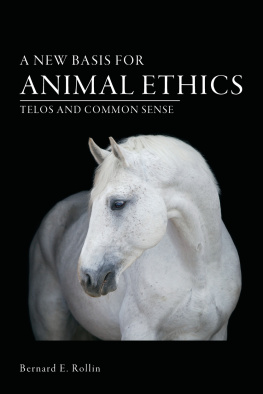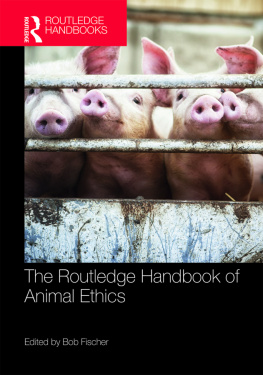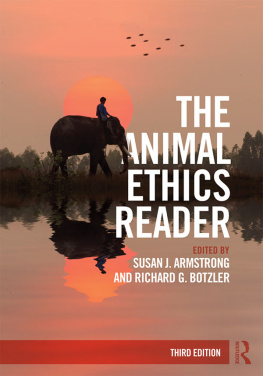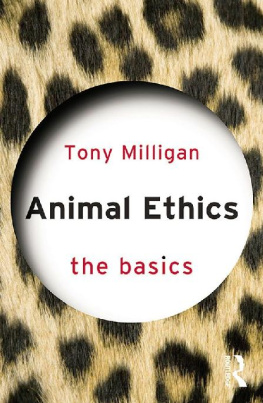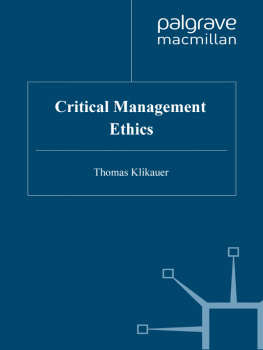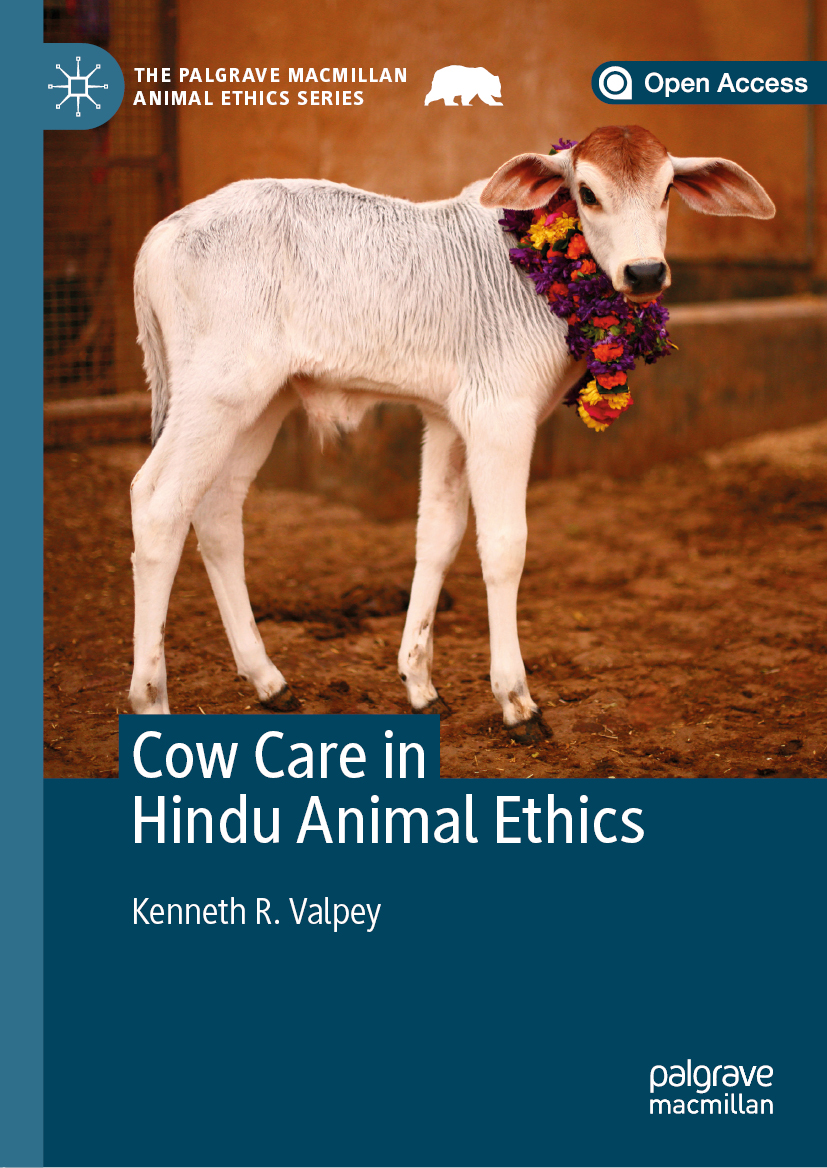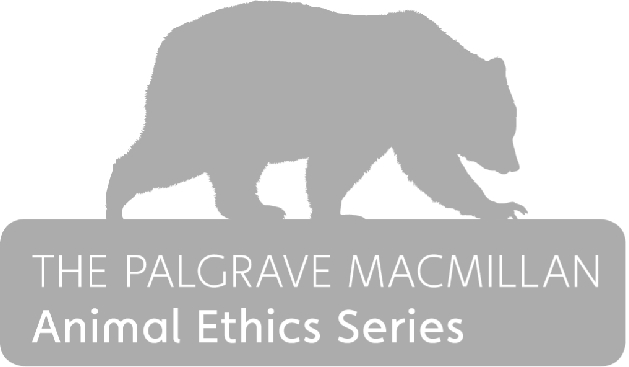Kenneth R. Valpey
Oxford Centre for Hindu Studies, Oxford, UK
The Palgrave Macmillan Animal Ethics Series
ISBN 978-3-030-28407-7 e-ISBN 978-3-030-28408-4
https://doi.org/10.1007/978-3-030-28408-4
This book is an open access publication.
The Editor(s) (if applicable) and The Author(s) 2020

Open Access This book is licensed under the terms of the Creative Commons Attribution 4.0 International License (http://creativecommons.org/licenses/by/4.0/), which permits use, sharing, adaptation, distribution and reproduction in any medium or format, as long as you give appropriate credit to the original author(s) and the source, provide a link to the Creative Commons license and indicate if changes were made.
The images or other third party material in this book are included in the book's Creative Commons license, unless indicated otherwise in a credit line to the material. If material is not included in the book's Creative Commons license and your intended use is not permitted by statutory regulation or exceeds the permitted use, you will need to obtain permission directly from the copyright holder.
The use of general descriptive names, registered names, trademarks, service marks, etc. in this publication does not imply, even in the absence of a specific statement, that such names are exempt from the relevant protective laws and regulations and therefore free for general use.
The publisher, the authors and the editors are safe to assume that the advice and information in this book are believed to be true and accurate at the date of publication. Neither the publisher nor the authors or the editors give a warranty, expressed or implied, with respect to the material contained herein or for any errors or omissions that may have been made. The publisher remains neutral with regard to jurisdictional claims in published maps and institutional affiliations.
Cover illustration: Filip Cargonja; released under a Creative Commons Attribution 4.0 International License (CC BY 4.0)
This Palgrave Macmillan imprint is published by the registered company Springer Nature Switzerland AG
The registered company address is: Gewerbestrasse 11, 6330 Cham, Switzerland
For all who would care more for our kin, including kine
In the memory of my preceptor, Swami Prabhupada, whose care begins to sprout within me
Foreword
As human populations have increased, so also the need for food has increased. With the global introduction of mechanized agriculture, the demand for and consumption of meat have grown, in both total and per person. Today, it is estimated that 56 billion land animals are killed for food every year, including 800,000 cows every day around the world ( www.sentientmedia.org ). Because so few people have direct contact with the process of food production, it can be all too easy to ignore the tremendous amount of suffering inflicted on animals for the sake of human sustenance and, in many instances, human vanity, luxury, and status.
This book offers important insight into what might be done in terms of awareness of this problem and describes possible small-scale solutions. As Margaret Mead once commented, Never doubt that a small group of thoughtful, committed, organized citizens can change the world; indeed, its the only thing that ever has. For many centuries, the cow has been deemed sacred in India and advocates for vegetarianism have been quite effective in developing a healthy cuisine that does not include meat, fish, or eggs. In terms of harm reduction to both the animals and the human body itself, plant-based diets have grown in popularity throughout the world.
Vegetarianism can be a complex undertaking. Important leaders of modern India, including Dayananda Saraswati, M. K. Gandhi, and B. R. Ambedkar advocated adoption of a meat-free diet, each for different reasons. However, Gandhi asserted that one should allow oneself to be killed for the protection of the cow, but must not kill in order to defend a cow. Some would argue that even the gifts of the cow such as milk and ghee and by-products such as cheese and yogurt must be abandoned because of the inevitable maltreatment of the cow and the possible ill effects to human health of a dairy-heavy diet.
This book employs the ethical decision-making processes of three contemporary thinkers in outlining the case for cow protection. Philosopher Vrinda Dalmiya expands the ethics of care developed by Carol Gilligan to include the non-human realm. Political scientist Jonathan Haidt posits that loyalty and sanctity must be included with care, along with reliance on reliable data. Theologian Larry Rasmussen advocates the formation of anticipatory communities that demonstrate the possibility of enhanced goodness.
Valpey provides direct accounts of four intentional communities inspired by A. C. Bhaktivedanta Swami Prabhupada dedicated to the well-being of the cow: Mayapur Chandrolaya Mandir in West Bengal, New Vraja Dhama in Hungary, Bhaktivedanta Manor in London, and Govardhan Eco Village in Maharashtra. And even in these idyllic small-scale communities, complexities arise. With the widespread use of the tractor, the employ of oxen (castrated bulls) for ploughing has diminished worldwide, causing an increase in the killing of young male cattle for veal, who otherwise would serve no economic function. Artificial insemination further decreases the demand for the services of adult male bulls. Govardhan has opted for castration of bulls, while some of the other communities listed above do not castrate.
At the core of all these conversations can be found a common concern: how might harm to animals and the consequent suffering be mitigated in the world? Awareness of the problem is a first step toward the development of conscience. As Margaret Mead has reminded us, change and movement toward goodness lies in the hands of the citizenry. By describing in detail the commitments made by individuals to eschew meat consumption and actively work for the protection of cattle, Valpey reminds us of what is possible, while noting multiple political and biological complexities that inevitably arise.





